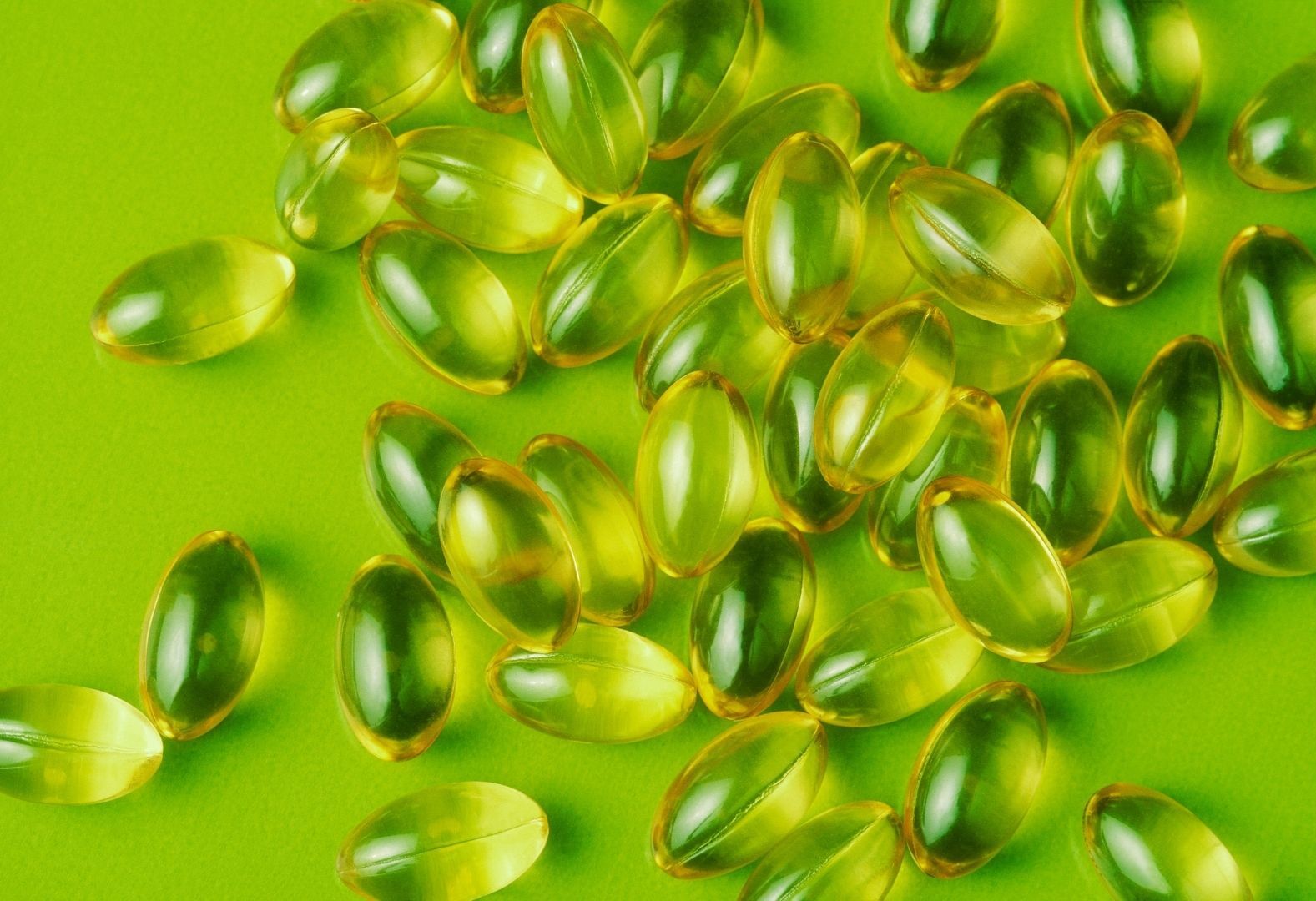

Of the many skin care ingredients out there, vitamin E is definitely one of the most common. You’ll see it labled as “tocopherol” in the ingredients list and you might even be surprised to find it naturally in our bodies and in certain foods.
And if you look closely, you'll probably find it in many of the skin care products already in your medicine cabinet — serums, moisturizers, eye creams, and just about everything in between. You may have even tried taking vitamin E in supplement gel capsule form! But what exactly is vitamin E, and what can it do for your skin?
We offer a quick refresher course on all things vitamin E in this article, including who should (and shouldn't) use it, and the best ways to incorporate it into your skin care routine!
What is Vitamin E?
Yes, it is a vitamin, but if you want to get technical, the term vitamin E actually refers to a group of compounds. Vitamin E is the name given to a family of oil-soluble antioxidants. There are about eight different types or forms of vitamin E, and of those, tocopheryl acetate and tocopherol are most commonly found in skin care products.
In other words, although there are technically eight chemical forms in which vitamin E naturally occurs, when you see "vitamin E" on your skin care or supplement packaging, it's almost always tocopherol. This is the only form of vitamin E that's recognized to meet human requirements. So if you see the term "tocopherol" on the ingredient list of your favorite serum or moisturizer, it's vitamin E.
How Does Vitamin E Benefit Skin?
Topically, it can be very helpful for a range of skin disorders, as well as skin repair. It assists in various kinds of cellular restoration from sun damage to healing support for scars or burns. But how does vitamin E work on the skin? What is the mechanism?
As mentioned, vitamin E is an antioxidant. A quick refresher on why antioxidants are so important to our health, topically and internally: They prevent oxidative damage to cells by helping to remove free radicals (the bad guys).
Free radicals are on a destructive quest to become stable, so they are ready and willing to snatch an electron from anything that comes in its path, including DNA, skin proteins, connective tissues, and cell membranes. The more you can quench the free radicals' thirst for stability, the better your skin will be protected, which is where vitamin E comes into play.
Vitamin E fights off free radicals on the skin, which are a result of daily environmental stressors like unprotected sun exposure and air pollution. In fighting off free radicals, vitamin E helps protect the skin from damage.
Additionally, vitamin E has moisturizing and healing benefits and helps to strengthen skin barrier function. Basically, it's an all-around workhorse of a vitamin. Vitamin E is also a natural anti-inflammatory, so it can be soothing and help calm the skin. It's also good for hydrating skin and serves as a moderately effective natural barrier to the sun.
Who Should Use Vitamin E On Their Skin & Who Should Avoid It?
Vitamin E is usually not advisable for super sensitive, very oily, or acne-prone skin. Although it's very uncommon, topical vitamin E can also act as an allergen to some, causing irritation, itching, or even a rash when it touches the skin. Scientists still aren't sure what causes certain people to become allergic to it less than one percent of people are topically sensitive to the ingredient.
Considering that it's also a naturally occurring substance in the body, and it's also been shown to relieve eczema for some people, sensitivity is really a case-by-case basis that, at this point, cannot be generalized as an allergen.
For the vast majority, though, vitamin E can posit serious skin benefits. Because vitamin E is oil soluble (meaning it can be delivered through or as an oil), incorporating it into your skin-care routine through oils and moisturizers are some of the best ways to use the ingredient.
When vitamin E is paired with vitamin C, they are even more effective as partners, which is why many serums contain both. If you're new to using vitamin E, or your skin is on the sensitive side, try it out in a moisturizer first (since serums are technically more potent concentrations).
Wild Naturals Face Cream with Vitamin E
For a simple and clean way of introducing vitamin E into your skin care routine, look no further than Wild Naturals Manuka Honey Face Cream! With vitamin E just one of the many natural ingredients with bountiful benefits in our skin care products, you will see a transformation like no other with your skin into a healthy, smooth, radiant glow! Shop the online store today for your antioxidant-rich face cream!


